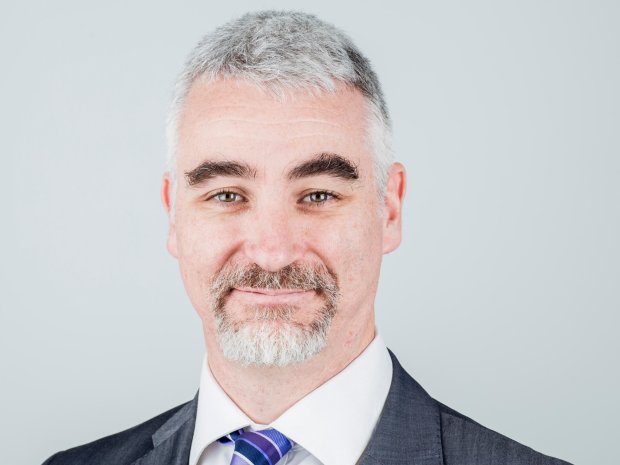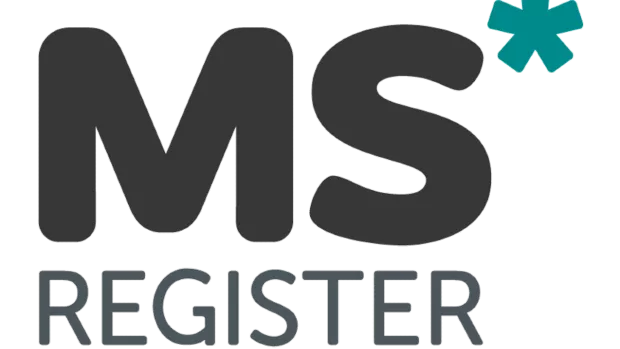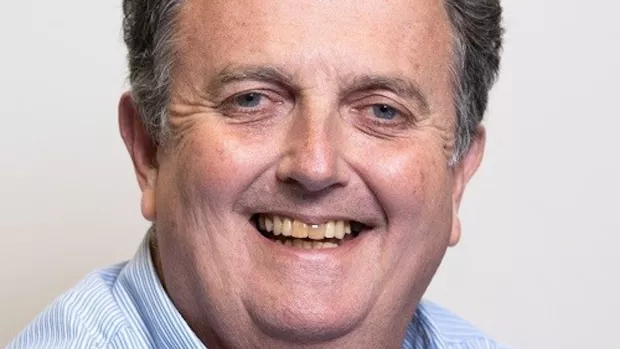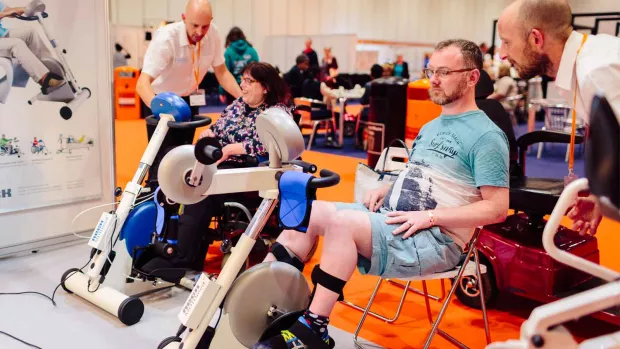
Meet the intensive care nurse turned researcher behind the UK MS Register
Associate Professor Rod Middleton leads the UK MS Register. With over 17,000 people with MS signed up, it’s building a true picture of what it’s like to live with MS in the UK. We spoke to Rod to find out what led him there, and what the future of the Register might have in store.
Hi Rod, so how did you get involved with the MS Register?
“I started my career as an intensive care nurse. We didn’t get to see many patients with MS, but some of my most vivid memories as a student were meeting people with MS. Their stories really stayed with me.
Eventually I got involved in the computer science side of healthcare. I was working for the NHS implementing intensive care systems when I saw the Register needed a project manager. They wanted someone with a healthcare background who had experience in research. I thought I’d fit the bill and I’ve been there since before it launched 12 years ago!
I still see an overlap with the reasons I became a nurse. Although I’m not at the end of the bed giving one-to-one care, I’m still working directly with people. And I feel I can ultimately do even more to help through the Register.”
What’s special about working for the Register?
“Working with people with MS is really special. MS is like carrying a suitcase that can get heavier over time. But no matter what’s going on, they’re so giving with their time and energy.
Everyone I’ve worked with has a drive to help. They know taking part in research might not benefit them now, but it could help people who come along behind them.
It’s probably why I’ve been at the Register for so long. I can see the difference it makes to people, and I want to help as much as we can.”
Who can the Register help?
“Firstly, it helps people with MS. The research we co-create with people with MS is having an increasingly immediate effect. People can use the Register’s research to make a difference to their own health – and that’s really powerful. Like the recent smoking paper which showed stopping smoking can slow progression.
Secondly, it helps researchers. With a little help from us, researchers can securely access more data about MS than they’d be able to collect in a lifetime. We want them to come and make use of it as much as possible.
Now we want to close the circle and get clinicians to use the Register’s data too to help people with MS as best as they can.”
Are there any exciting plans ahead for the Register?
“I feel very energised about the future of the Register. We’ve been learning and growing over the years, and we’ve built the Register so we can do even more in the future.
We’re a fundamental part of recruitment to Octopus, the progressive MS trial. And we’re expanding the type of data we collect. In the last couple of years we’ve become one of few registries in the world to ask about cognition (memory and thinking). We want to create a complete picture of life with MS – so it’s important we’re not only looking at physical symptoms and mental health.
We want to stay at the forefront of technology too, so it’s easier for people to securely share their data. 300 people with MS are already testing out an iPhone app we’ve designed. We could even use a wearable sensor one day.
Ultimately, we want to continue supporting useful, impactful research that’s going help people with MS.”


